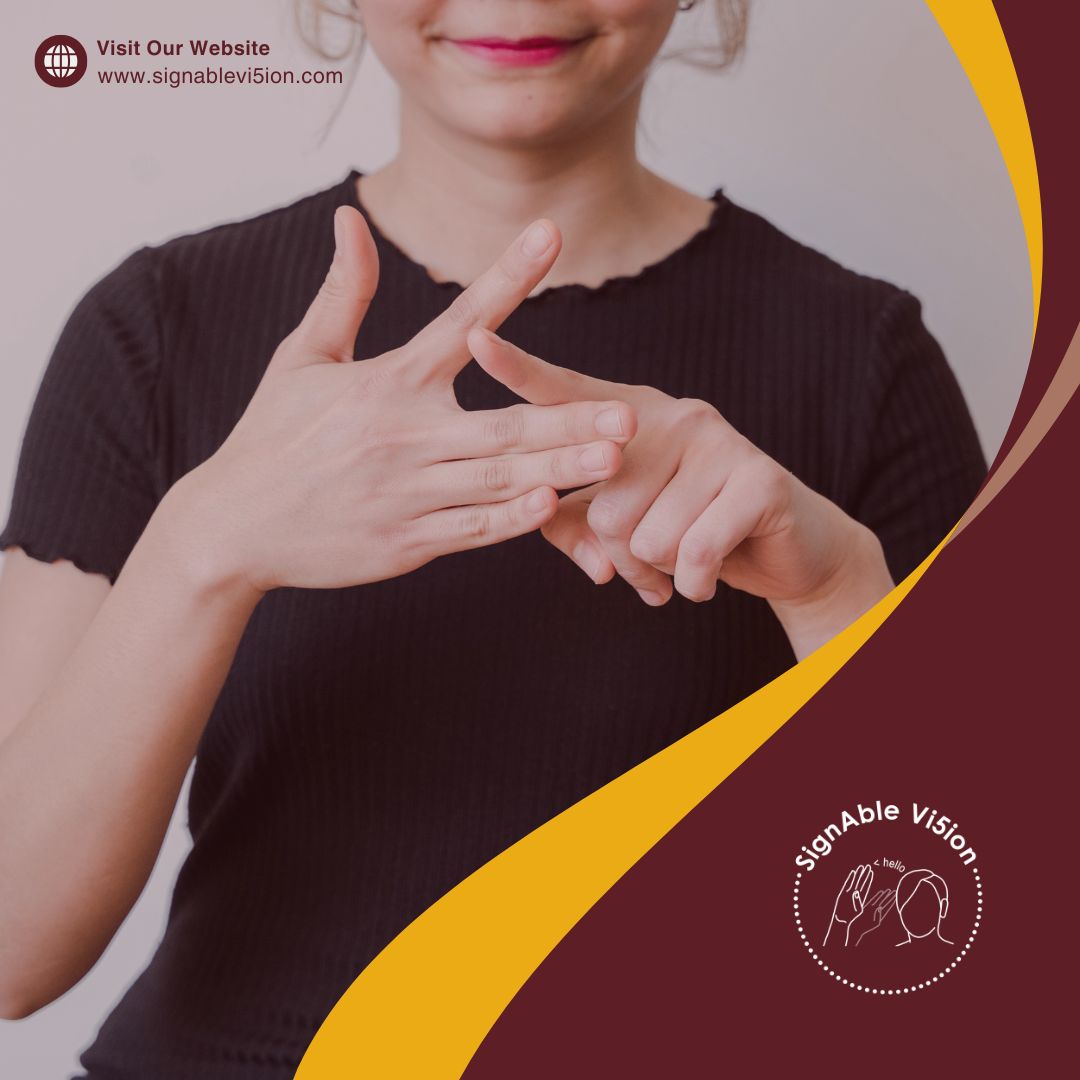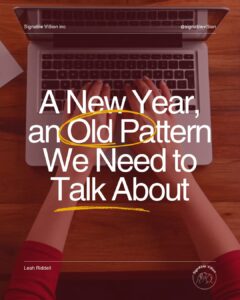I’ve seen a lot of discussion lately about whether ASL interpreters “distract” people during events. That kind of thinking misses the point entirely.
Interpreters aren’t there to impress anyone, they’re there because Deaf people have a right to be included. Access isn’t an afterthought. It’s not decoration. It’s the baseline.
If you’re hosting, hiring, or leading, you should know how to make space for Deaf folks; without making it awkward, without hesitation. That means understanding why access matters, not just checking a box or meeting a legal requirement.
Inclusion doesn’t start with a checklist. It starts with paying attention, being open to learning, and taking responsibility for who’s being left out. And if seeing an interpreter unsettles you, it’s time to ask yourself why.
I’ve been part of too many conversations where people say the right things but still don’t make space. Or they think providing access is a bonus, something they can skip if it’s inconvenient. That’s not inclusion. That’s gatekeeping.
Knowing how to work with Deaf people, provide access, and include different communication needs should be a basic skill, not something you wait to be told. It’s part of treating people with respect.
And here’s the thing: interpreters don’t get in the way. They open the way.
Interpreter presence isn’t only for Deaf people. Many hearing people also benefit, especially those who don’t know sign language but need support communicating with Deaf signers. Interpreters are a two-way bridge. They’re there to make sure everyone can participate fully, regardless of which language they use.
So when someone in power publicly questions interpreter presence, especially someone with “accessibility” in their title, it sends a message that Deaf people don’t matter. But it also says something louder behind the scenes: your attitude toward accessibility as a whole. If you treat access like a distraction, that affects everyone, not just Deaf folks. It shapes your decisions, your leadership, and the kind of space you’re creating for all disabled people.
We all benefit from a more inclusive world. But it only works when people stop treating accessibility like a favour.
We’re not going backwards. Interpreters belong. Access belongs. We belong.
How to Request and Place Interpreters Properly
If you’re not sure where to start, here’s what access actually looks like in practice:
- Requesting an interpreter:
Contact your local sign language interpreting service early — ideally 2–3 weeks in advance. Let them know the language (ASL or LSQ), the type of event or meeting, the location, the length, and whether it will be in-person or virtual. - Include this in your registration or invite:
A simple line like: “ASL interpretation provided. If you have additional access needs, contact [your email]” or Interpreter icon displayed. That tells people we’re welcome. - Interpreter placement matters:
Don’t push interpreters to the side or behind the audience. For in-person events, place them near the speaker and in the line of sight of Deaf attendees. For virtual meetings, ensure the interpreter’s video is spotlighted or pinned and visible the entire time. - Lighting and visibility:
Make sure interpreters are well-lit and not standing in front of distracting backgrounds or moving projections.
When interpreters are properly included, not hidden or tacked on as an afterthought, it sends a powerful message: you belong here.



